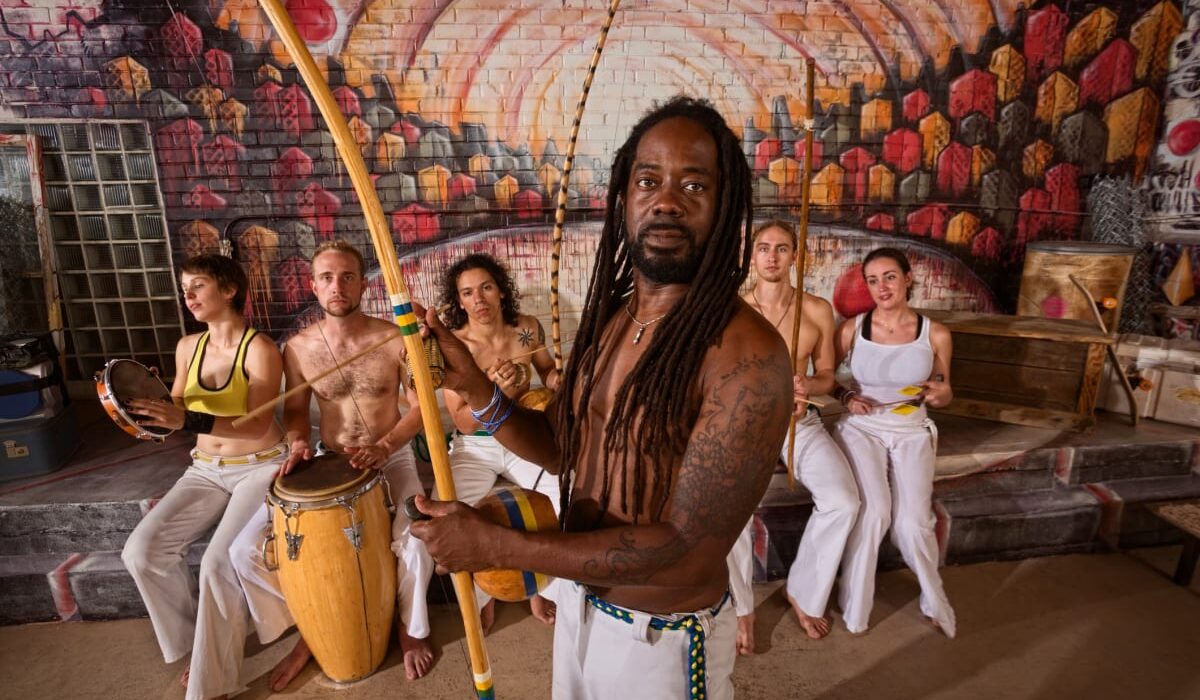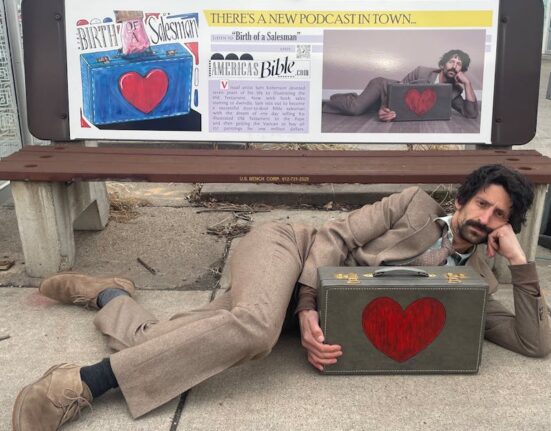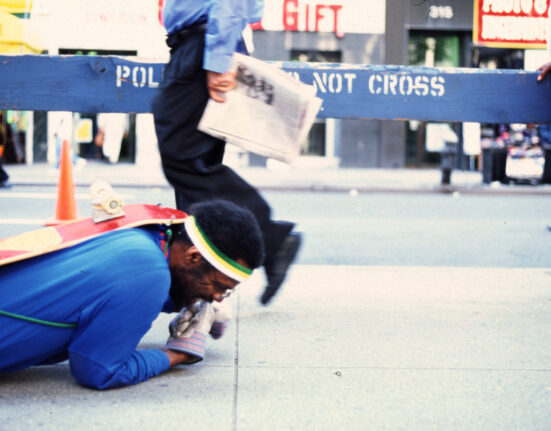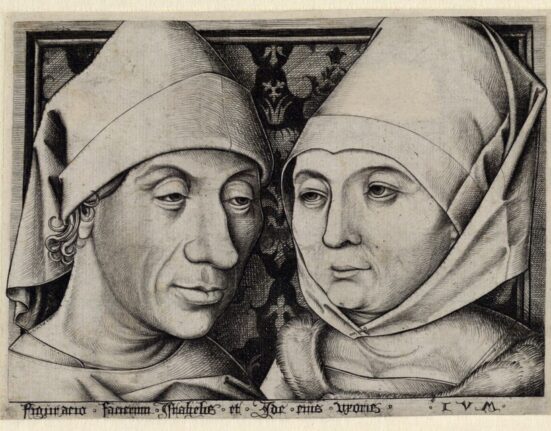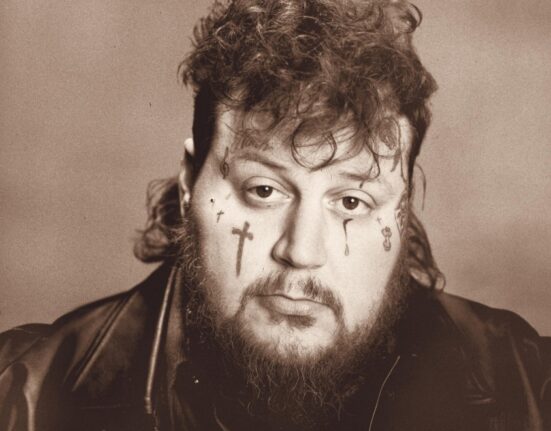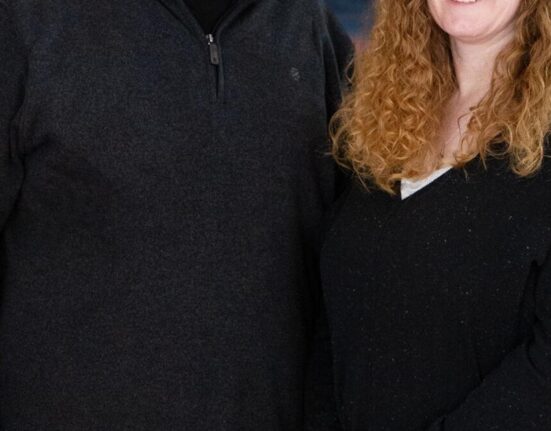“We talk of live music or the music industry being self-sustaining in a free world, and we’ve talked of the importance of the economy, but let’s be honest, the resources and rewards have never, ever, been evenly distributed. I believe the underlying inequities which are definitely the result of colonial, capitalist, ableist, racist, classist, sexist, and ageist cultures and structures have now only been exacerbated in the pandemic and of late, and I know in my position that it can no longer be ignored, and that’s my job – to try and address it.” – Simone Schinkel, CEO, Music Victoria
In 2023, 10 panellists and an audience comprising artists, educators, academics, leaders from peak bodies, venue operators and arts administrators participated in What if music…? , a forum produced by The Boîte, Victoria’s multicultural music organisation supporting culturally-diverse musicians.
The forum explored solutions to the challenges culturally-diverse musicians face navigating the Australian music industry.
Keshav Yoganathan (pictured below), a musician with the Melbourne band Firetail, spoke at the forum, and said:
“With music being the universal language, why in the capitalist system is music or artists undervalued? Everyone loves listening to music, but in terms of the value of artists, the value of being able to create, I would argue that it’s very undervalued in this society.”

With the acceleration of AI, the highly-publicised SAG-AFTRA strike seeking rights for the creatives behind the content, and the recent string of music festival cancellations in Australia, highlighting forums such as What if music…? and the need for research to support artists in the Australian music industry has never been more timely.
In an era where streaming services collect the lion’s share of artists’ royalties, and the cost of a drink at a local venue is likely to be more expensive than the price of entry to see the band, being an artist is a tough gig.
It was only in 2021, after COVID-19 had decimated the creative arts, that campaigning by Musicians Australia saw a $250 minimum performance fee introduced for musicians, but even then this fee only applies to funded programs and events.
When 40% of gigs go unpaid and rehearsal time isn’t factored into performance fees, it’s no surprise the average income for musicians falls far below the minimum wage, with the latest research revealing that 50% of musicians earn less than $6000 a year from their profession, and are typically working two to three jobs to support themselves and their families (Media Entertainment and Arts Alliance, 2024).
Absent from the narrative
For culturally-diverse musicians, the challenges of applying for funding to offset low industry wages and poor working conditions are even starker, yet they’re often left out of the narrative regarding the issues facing musicians in Australia.
Systemic inequities in the availability and distribution of funding means culturally-diverse artists are often competing for grants with the peak bodies and organisations that advocate for them.
Grant writing requires a significant amount of literacy, time, industry knowledge and strategy to communicate the value of art to government bodies.
This is a stumbling block for culturally-diverse artists from migrant and refugee communities who lack the networks, industry experience, English literacy or strategic knowledge to translate the creation of their art into a justification for its existence between working multiple jobs to earn a living, or whose art doesn’t fit neatly into a recognisably diverse box:
“It’s a full-time job applying for funding, and this is where I have an issue, because you don’t have time to be creative. At the moment I work for The Boîte and I actually get paid to write grants, and before that I was an artist and I didn’t get paid, and half the time I didn’t get the grant.” – Zulya Kamolova, musician and director of The Boîte
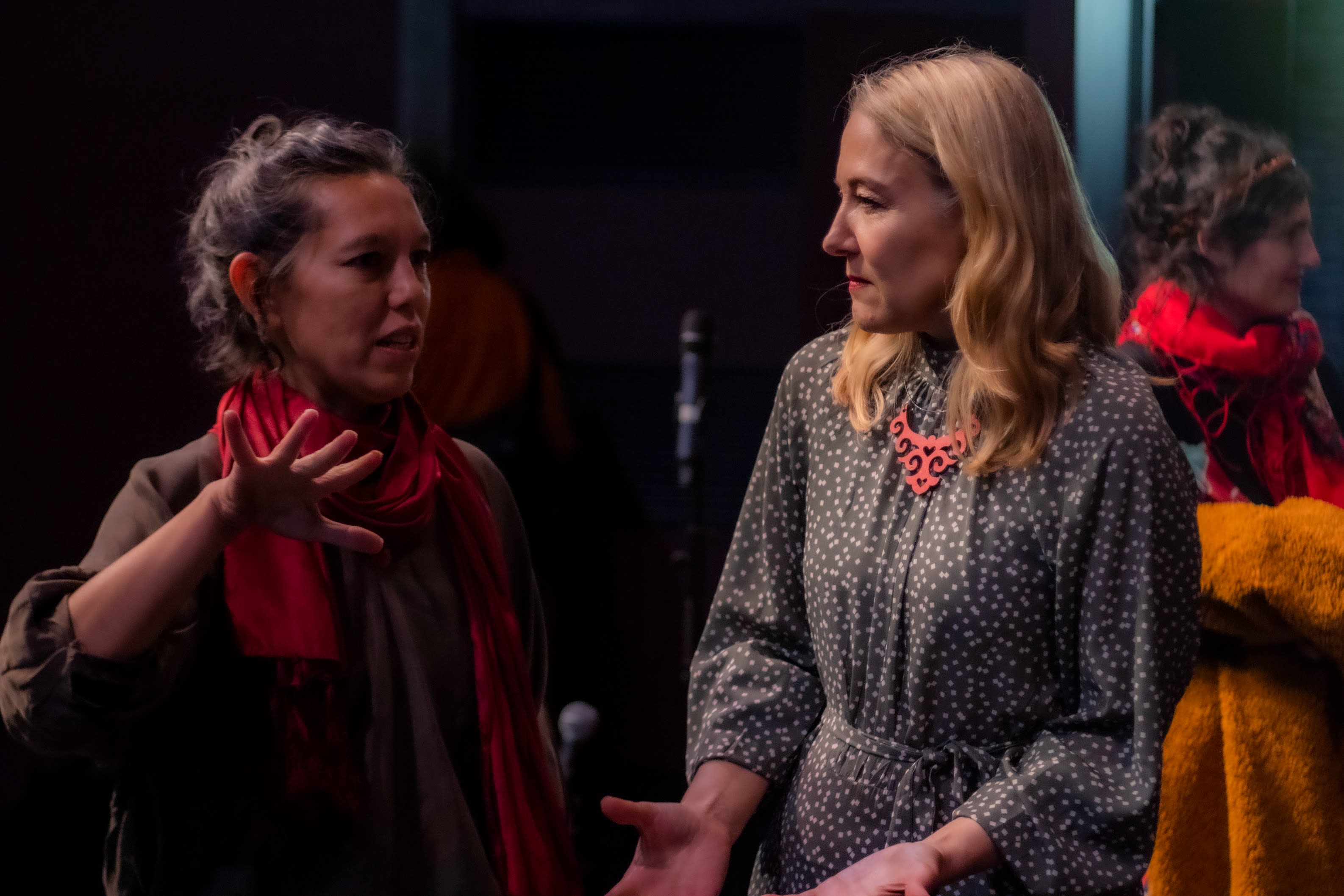
“It’s hard to explain to people what I do, and it is hard to fund some of the projects I do. Sometimes it’s easier for people to understand why you would want to do traditional music, and in some ways it can be easier to get people excited about something that sounds a bit exotic. Some of the projects I do, we’re just trying to find the language for these experiences.” –
Steps have been taken internationally to redress the difficulty of obtaining funding. In Ireland, a Basic Income for the Arts pilot program began in 2022 to provide a liveable wage for artists over a three-year period.
Results are still to come, but in the meantime, what can be done to help culturally-diverse artists to survive, and indeed thrive, in the Australian music industry?
We know culturally-diverse musicians are disproportionately marginalised in the arts – they often struggle to find an audience outside their own community, don’t achieve airplay on commercial stations, and are excluded from festival line-ups that are still playing catch-up when it comes to representation of diversity.
Call for increased representation
Melbourne Polytechnic Bachelor of Music graduate and Chilean singer-songwriter Karina Lehmann made a call for increased representation of culturally-diverse musicians from her own lived experience.
“Where is the festival where my music will fit? There’s more than 400 festivals annually in Australia – why is there no incentive to have more world music in those festivals and [instead] just have one big world music festival?
“If those festivals had an incentive to have maybe 20% or 10% of [culturally-diverse] artists, because at the end of the day Australia is a multicultural country, it’s not just hip hop or jazz or pop. This needs to be done, we need to have an incentive for festivals.
“Festivals are huge here – people go to these festivals every year. There’s a lot of money there, and I feel like there’s a lot of artists who still don’t feel like they have a place to play at those festivals.”
Simone Schinkel, Music Victoria’s CEO, signalled her commitment to advocating for greater festival representation at an organisational level, but also urged audiences to call out festivals to build a campaign for inclusion and representation.
“Send them an email and make that complaint, publicly if you want to, behind the scenes if you want to, help them in that journey, directly to the festival.
“When they announce a line-up, let them know what you think; it just happened with Bluesfest in a different context, but it can have a really big, powerful impact really quickly. I’d also say that most of the festivals in this country are commercially run, so until our audiences are demanding it, like we now look at organic food and fast fashion, and we make better choices, I think that’s where we’ve got to get music to.”
Summoning the strength of the collective may yet prove the way to demonstrate the value of culturally-diverse artists, now more than ever.
As musician Eka Poedijono (pictured below) summed up:
“Learning to be one instrument when you’re actually 30 instruments, that’s the key.”
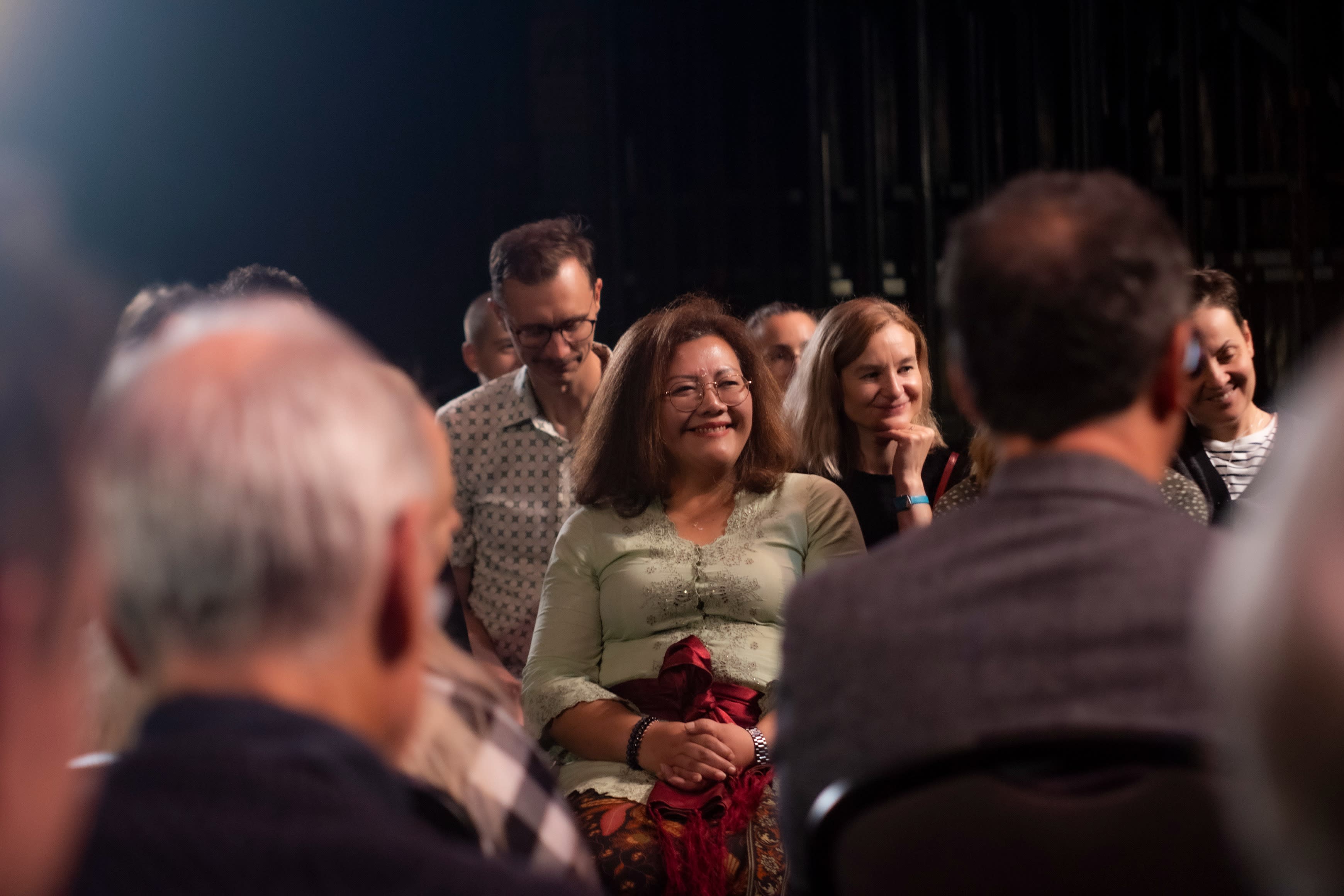
Suzanne Grasso interned with The Boîte from 2022 -23 as part of an arts PhD research internship.

